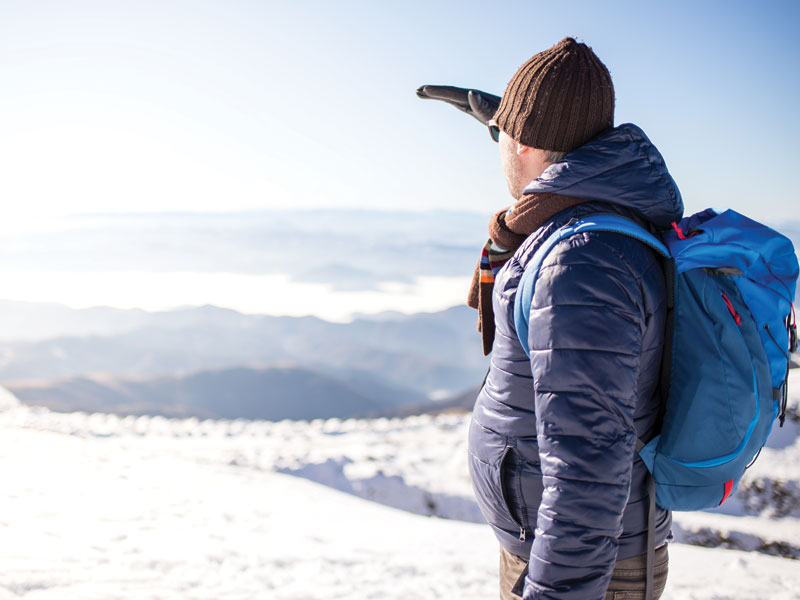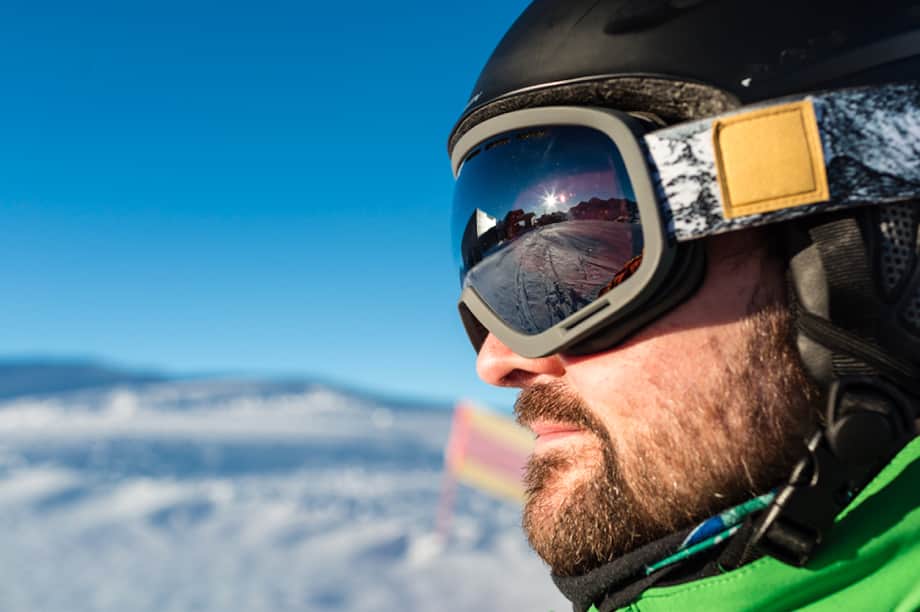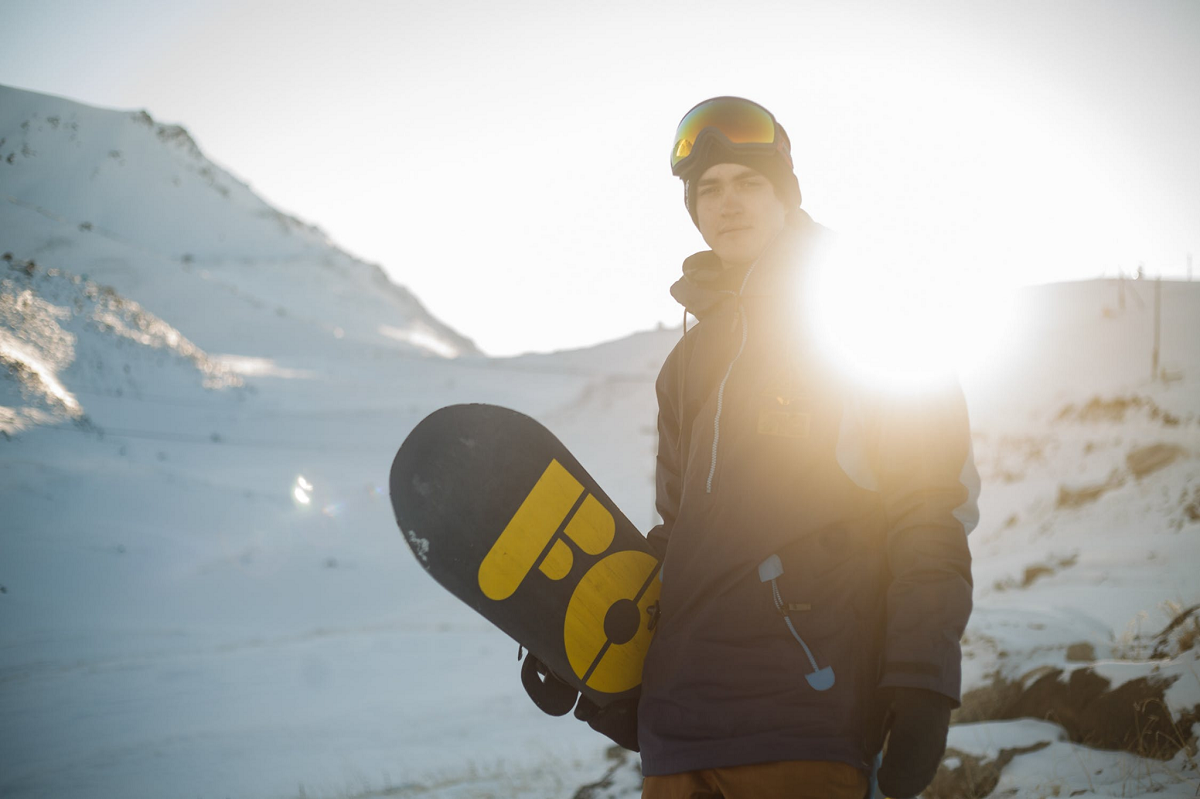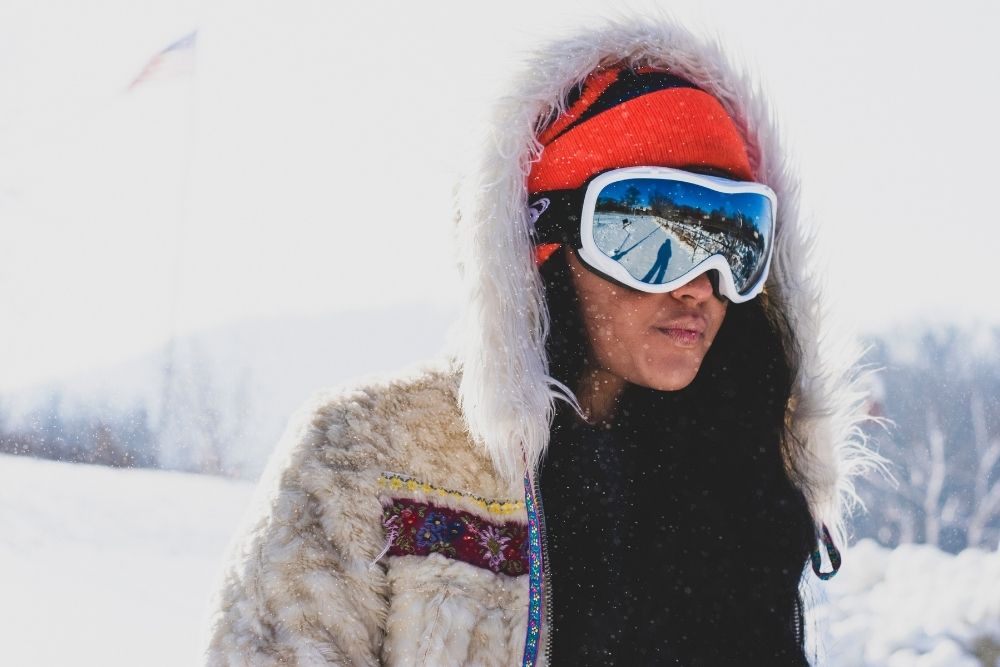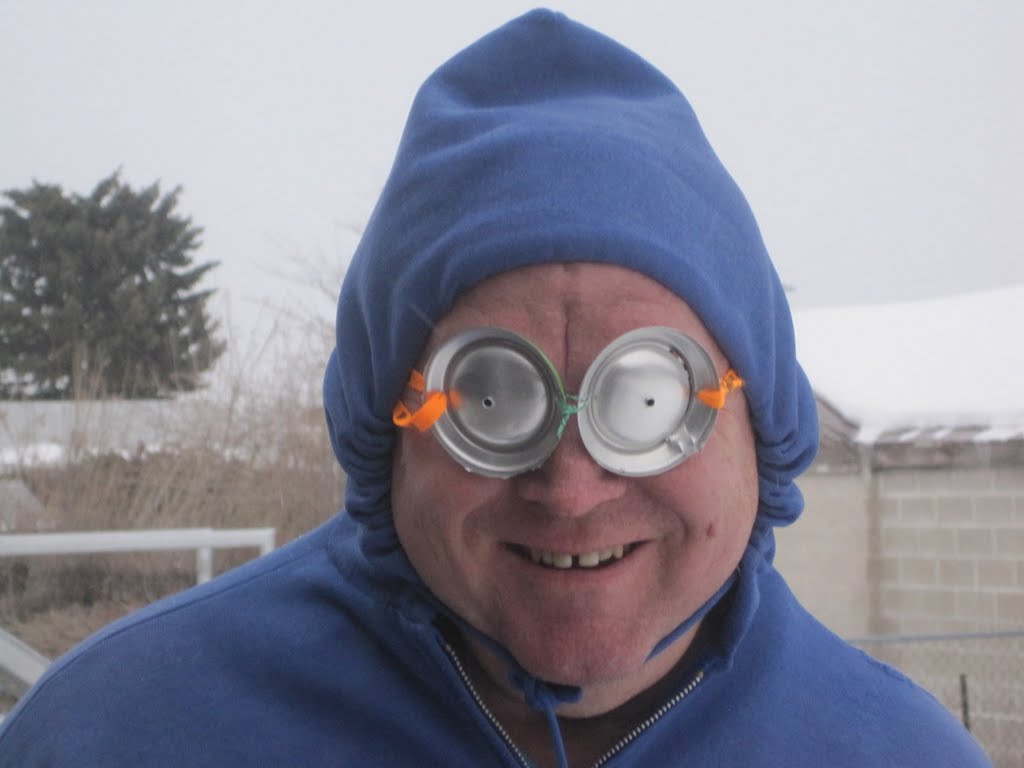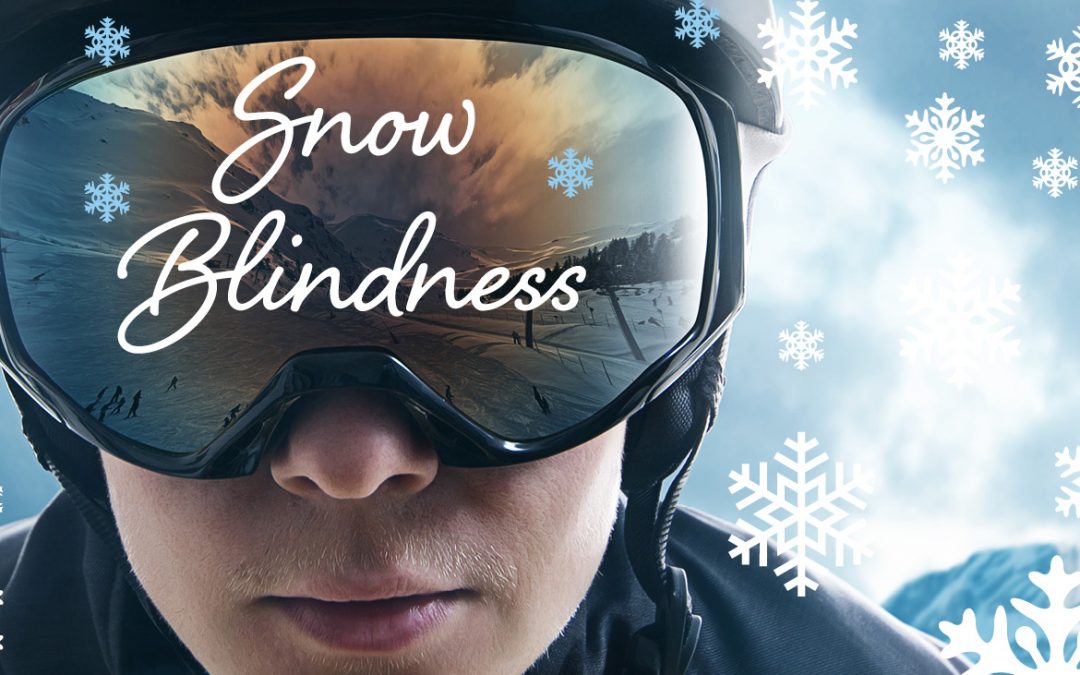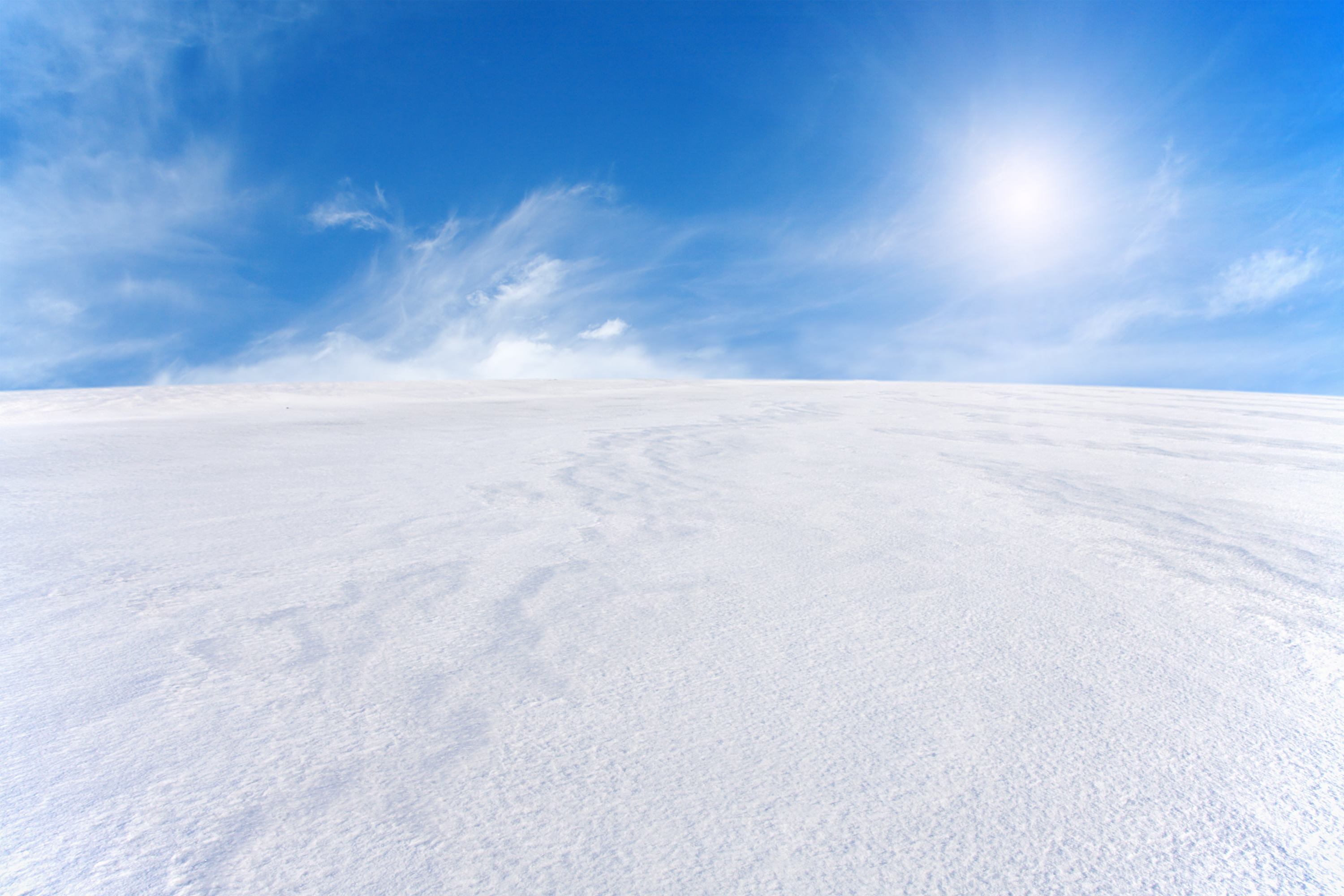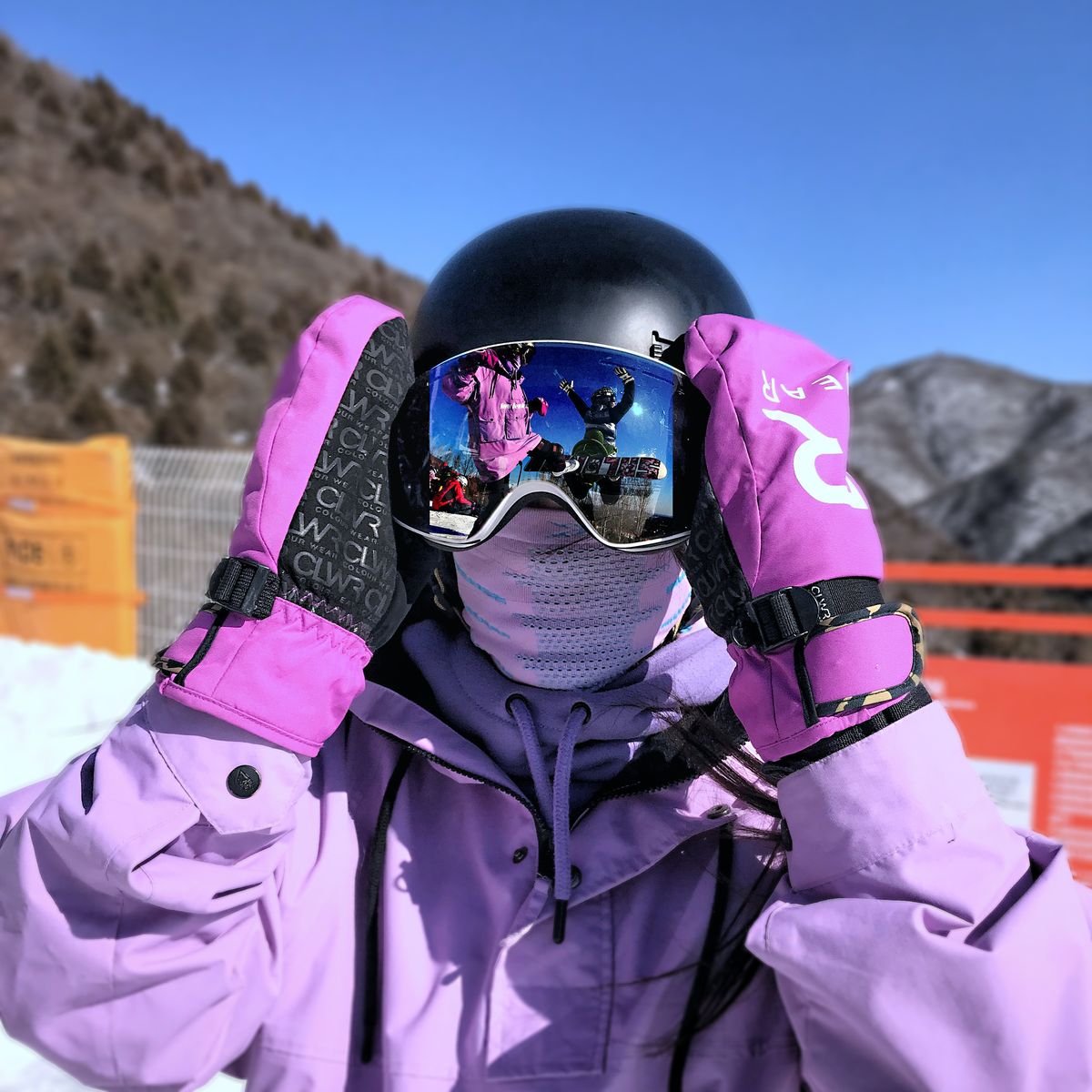Ideal Info About How To Prevent Snow Blindness
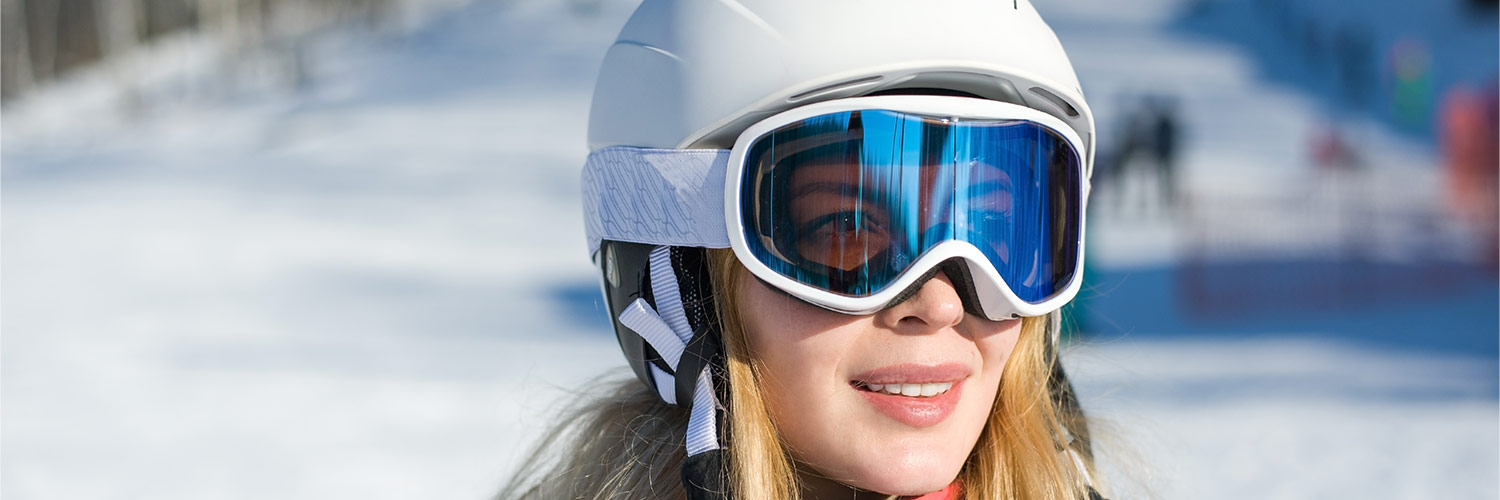
You can take simple steps to prevent snow blindness and protect your eyes.
How to prevent snow blindness. Tearing and watery eyes: An excessive tearing or watery discharge from your eyes is common when experiencing snow blindness. The best way to prevent snow blindness is to wear eye protection.
Wear sunglasses or goggles with 100% uv protection as your primary defense against snow blindness. Powerful uv rays can cause. It's pretty obvious that you want to avoid getting sunburn on your eyes, and as you might expect, the best treatment for snow blindness is to prevent it in the first.
Whether you’re an avid outdoor sports enthusiast or you live in an area with harsh winter conditions, understanding the eye health risks of the season can help you prevent snow. The best way to protect against snow blindness is to protect your eyes with sunglasses or snow goggles. High altitude means higher risk for skiers and snowboarders.
In this article, we discuss the symptoms, prevention and treatment for snow blindness. Make sure the lenses block 100 percent of uv. Whether you’re skiing, sledding, ice fishing, or even just walking in a winter wonderland, you should invest in a pair of quality sunglasses.
Brian zaugg, a cornea specialist with the john a. Can your eyes get sunburned? Use sunscreen on your face:
What steps can i take to prevent snow blindness? Can you prevent temporary sun blindness? The medical term for snow blindness is photokeratitis.
This is the eye's natural response to. In most cases, snow blindness is temporary, people suffering from snow blindness could recover after they have rested the eyes and received proper treatments. You can prevent all these conditions simply by wearing sunglasses and goggles.
The best thing to do is stay in a room away from sunlight, place a cold washer over your eyes to soothe them, and use over the counter medicine to help relieve the pain that you. The easiest way to think of photokeratitis, said dr. Protective eyewear is your best defense.
If you lose the sunglasses on your skiing or snowboarding trip then you can’t prevent snow blindness. Give your eyes a rest by taking frequent breaks to prevent snow blindness while hiking in snowy conditions. They also reduce glare from snow and ice.
Using tanning beds or sun lamps without the right equipment or protection. Most of us have learned to be careful when going out in the sun; Looking directly at the light created by a welder’s torch.
